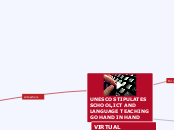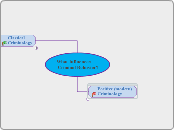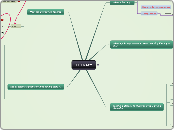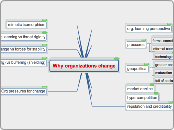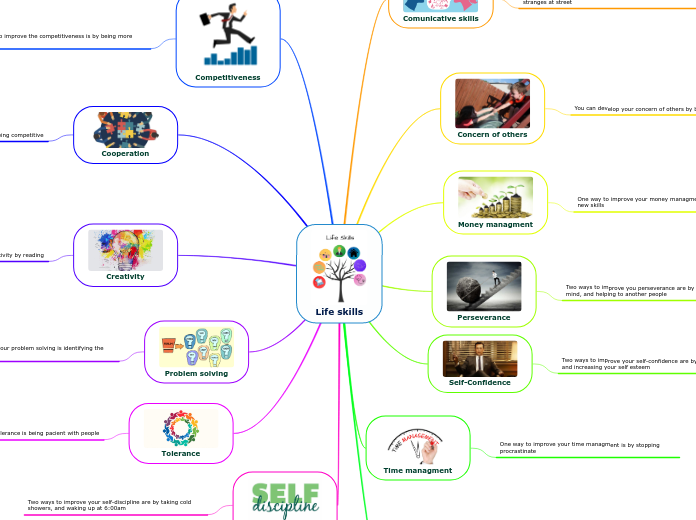by Fiona Mc Fall 8 years ago
318
ICT AND ENGLISH LANGUAGE TEACHING
The integration of Information and Communication Technology (ICT) in education encompasses various platforms and tools such as blogs, wikis, social media, and instant messaging sites.
